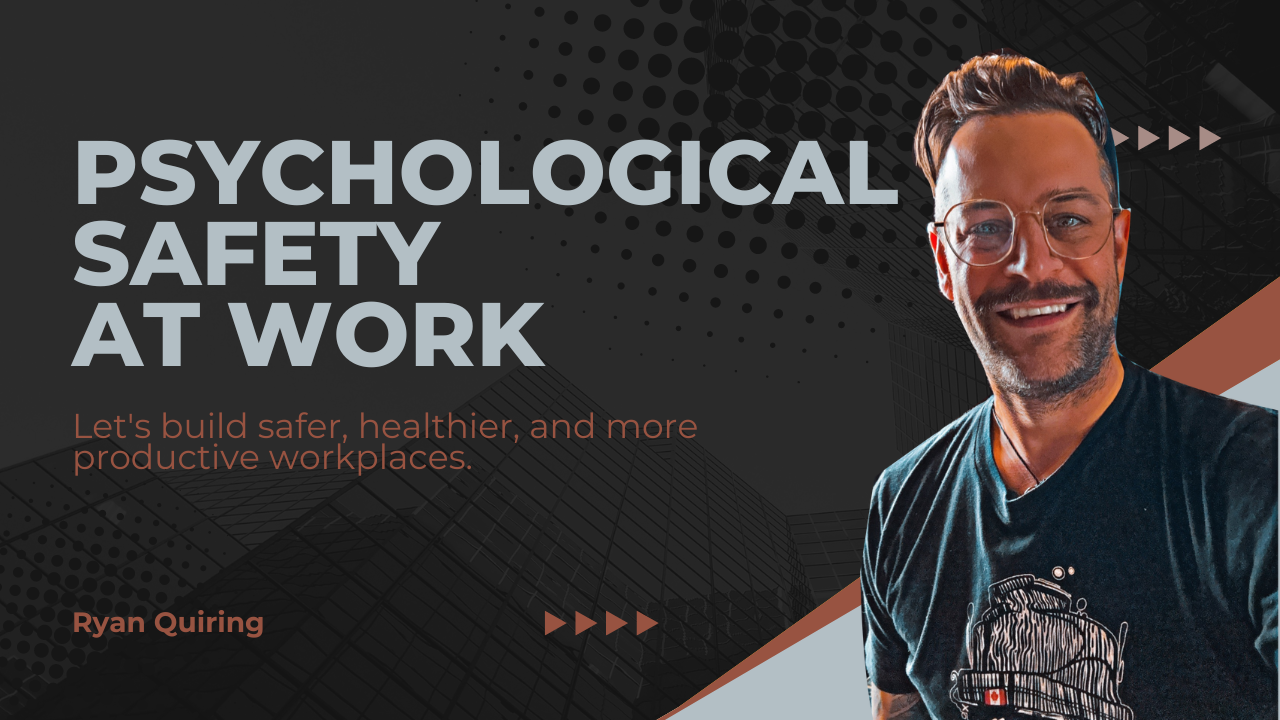Let’s explore how psychological safety supercharges team performance. As someone who’s led teams and observed organizational dynamics, I’ve seen firsthand the transformative power of psychological safety in the workplace.
Let’s start by challenging an outdated notion: pressure and fear drive peak performance. This old-school thinking suggests keeping employees on edge will push them to excel. But in reality, this approach often leads to stress, burnout, and a culture of self-preservation rather than collaboration and innovation.
So, how does psychological safety boost team performance? Let’s break it down:
Increased Innovation: Innovation flourishes when team members feel safe to voice unconventional ideas without fear of ridicule. In psychologically safe environments, people are more likely to think outside the box, challenge the status quo, and propose creative solutions. This leads to breakthroughs that might never have surfaced in a more restrictive atmosphere.
Better Problem-Solving: Psychological safety encourages open sharing of diverse perspectives. When team members feel comfortable expressing differing viewpoints, they gain a more comprehensive understanding of complex problems. This diversity of thought leads to more robust, well-rounded solutions that consider multiple angles.
Faster Error Detection and Correction: In a psychologically safe environment, people aren’t afraid to admit mistakes or point out potential issues. This means problems are identified and addressed more quickly, preventing minor issues from snowballing into major crises. The focus shifts from blame to problem-solving, which is infinitely more productive.
Enhanced Learning and Growth: When people feel safe taking risks and learning from failures, the entire team benefits. Each setback becomes a valuable learning opportunity rather than a reason for punishment or shame. This fosters a growth mindset across the team, leading to continuous improvement and adaptability.
Stronger Collaboration: Psychological safety breaks down silos and encourages cross-functional cooperation. When people trust their colleagues and feel respected, they’re more likely to reach out for help, share resources, and work together towards common goals. This synergy often results in outcomes that exceed the sum of individual efforts.
Increased Engagement and Commitment: When employees feel valued and heard, their engagement skyrockets. They’re more likely to go above and beyond, not out of fear, but of genuine commitment to the team and its objectives. This intrinsic motivation is far more powerful and sustainable than any external pressure.
Better Decision-Making: In psychologically safe teams, decisions benefit from more input and thorough debate. Critical information is more likely to be shared, leading to more informed choices. Moreover, once a decision is made, they’re more likely to be supported by the entire team, as everyone feels their voice was heard in the process.
Improved Well-being and Reduced Burnout: Psychological safety reduces the emotional labour of constantly being on guard, allowing team members to focus their energy on their work. Boosting productivity enhances overall well-being and reduces stress and burnout.
Understanding that psychological safety isn’t about being soft or lowering standards is crucial. On the contrary, it’s about creating an environment where high standards can be met and exceeded. It’s about unleashing the full potential of every team member by removing the barriers of fear and insecurity.
As leaders and colleagues, we can cultivate psychological safety in our teams. It starts with modelling vulnerability, actively listening to others, and responding positively to input, even when challenging. It’s about a culture where the free exchange of ideas is actively encouraged.
Remember, the highest-performing teams aren’t those ruled by fear or dominated by a few loud voices. They’re the ones where every member feels safe to contribute, challenge, and innovate. Fostering psychological safety reimagines what’s possible in the workplace and sets the stage for success.
